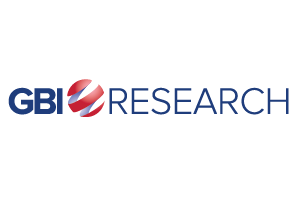Rheumatoid Arthritis (RA) is a chronic, progressive condition that, without treatment, can lead to irreversible joint damage and severe deformity and disability.
Drugs that target the tumor necrosis factor protein have been the most commercially successful in the past decade, with products such as Humira, Remicade and Enbrel generating massive annual revenues. Humira is marketed by AbbVie and is currently the highest-selling drug globally, in terms of revenue, making $15.6 billion in 2016. Its success is down to its strong effectiveness and safety. These types of treatments have greatly improved the management of RA, as they help to alleviate symptoms, inhibit bone erosion, and prevent loss of function.
Room for improvement
Despite the success of the currently marketed drugs, unmet therapeutic needs remain. The newest therapies for RA have helped transform the way in which the disease is treated, however since anti-TNF drugs function through a suppression of the immune system, they also lead to a significant increase in the risk of infections.
Can T-cells provide the answer?
T-cells are important mediators of RA, orchestrating the inflammatory processes which are characteristic of the disease. Although there is significant evidence implicating T-cells and their interactions with B-cells, which produce antibodies, it is unclear which T-cell subtypes help orchestrate the damaging immune responses that underlie RA.
In a study published in February 2017, a new type of T-cell with a unique pattern of behavior in RA-affected tissues was discovered: peripheral helper T (Tph) cells. Tph cells travel to RA-affected joint tissue where they interact locally with B cells.
The study showed that Tph cells promote B-cell responses and antibody production within inflamed tissues. Antibodies are specialized proteins that usually recognize foreign substances and help rally the immune system to eliminate them. This potentially creates an entirely new treatment option for RA. As current treatments lead to a suppressed immune system, the study suggests that a pivotal role of Tph cells in RA may therefore be a potential target for future therapy in its treatment.

US Tariffs are shifting - will you react or anticipate?
Don’t let policy changes catch you off guard. Stay proactive with real-time data and expert analysis.
By GlobalDataFurther research is required to firmly establish the cause and effect of Tph cells. However, this kind of cutting-edge research sheds light onto new avenues within RA, offering a brighter outlook for patients.




